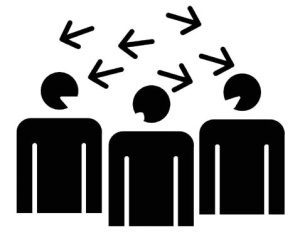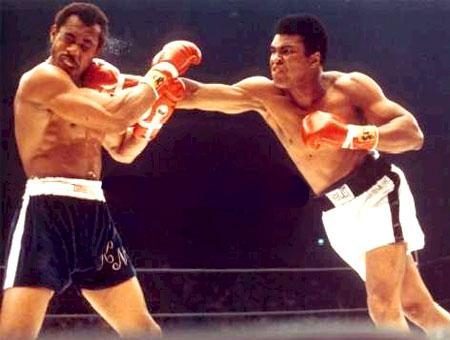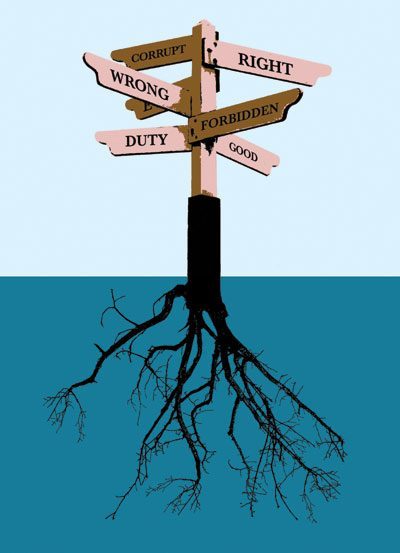 Transculturation is spoken of to refer to a substitution process in which a society gradually acquires a large part of a new culture and assimilates it into its own, leaving aside the customs and cultural identity that had traditionally characterized it.
Transculturation is spoken of to refer to a substitution process in which a society gradually acquires a large part of a new culture and assimilates it into its own, leaving aside the customs and cultural identity that had traditionally characterized it.
Although all cultural identities are dynamic entities, and therefore are in permanent evolution, Transculturation assumes that as a result of the assimilation of a new culture, the traits that made the previous one recognizable end up disappearing.
This process can be carried out in a more or less traumatic way.
Types of Transculturation
There are several ways in which a Transculturation process can be carried out, and depending on the type in question, the substitution of one culture for another can entail a greater or lesser degree of social tension. Basically it is understood that a Transculturation develops through one of these four ways:
Colonization: The new culture is imposed on the interior as a result of a political dominance, a territorial occupation or an economic supremacy. As it is an imposed formula, it is the one that generates the most conflicts, since it encounters a natural resistance on the part of the indigenous population to lose its characteristic features. In many cases, the only way in which the new culture is able to settle in a certain territory is by force of arms.
Remote Reception: a diametrically opposite example that is welcomed is remote reception. In this case, a more advanced culture, through economic and cultural exchanges, is settling in another, which understands many of the former's values and customs as positive and integrates them through a process of imitation. This case is quite common when there is a substantial technological gap between the two, and the less advanced culture understands the usefulness of assimilation.
Renaissance: Sometimes there is a return to previous cultural forms, which at some point are interpreted as better or a role model. The return of values that were once in force can provoke a greater interest in knowing and reviving past cultures of the people themselves or of others.
Immigration: The arrival of important migratory flows to an area can end up producing a process of Transculturation. In this case, it is not a matter of one culture being superior to another, but rather that in a relatively short period of time, the number of individuals who inhabit said area begins to lean in a majority towards the immigrant culture.
Photo: iStock - bowie15









